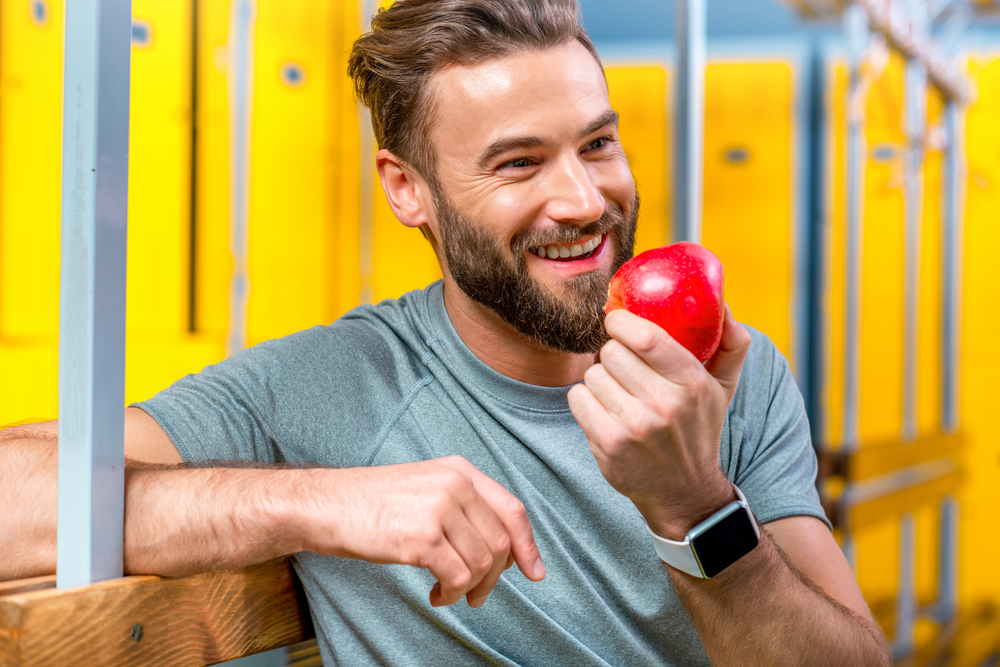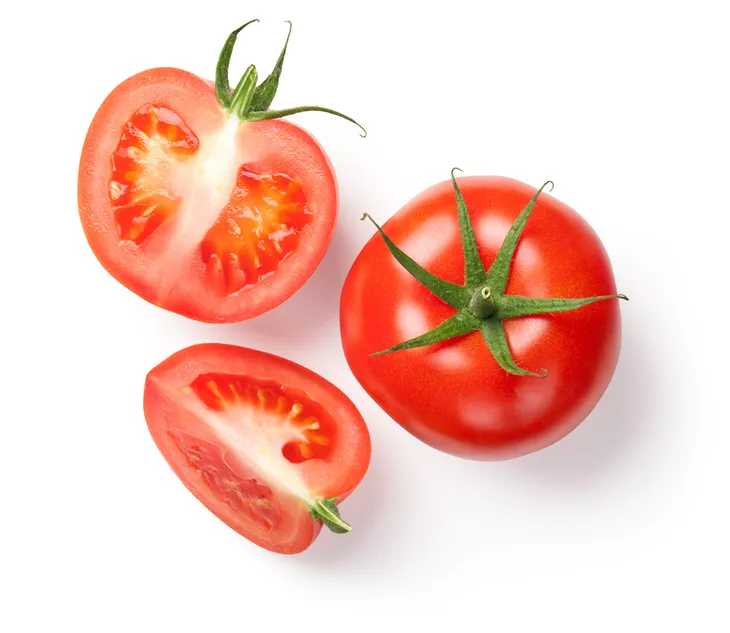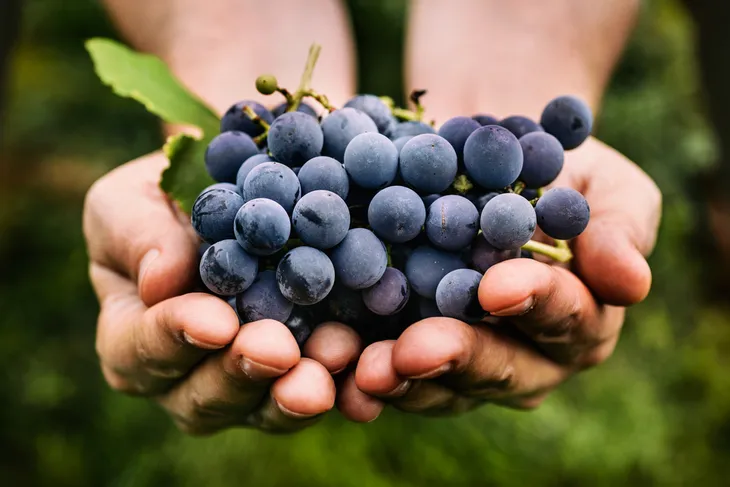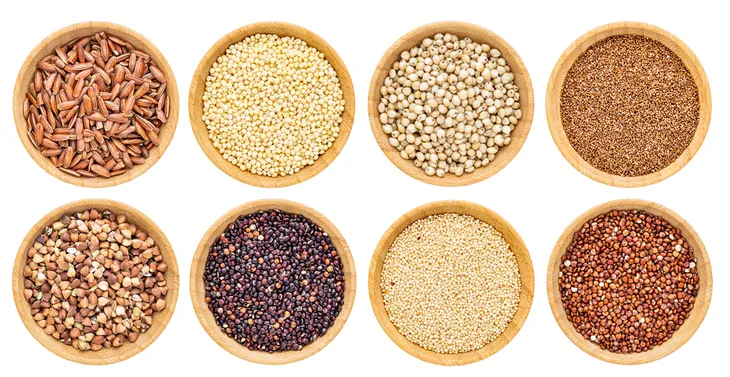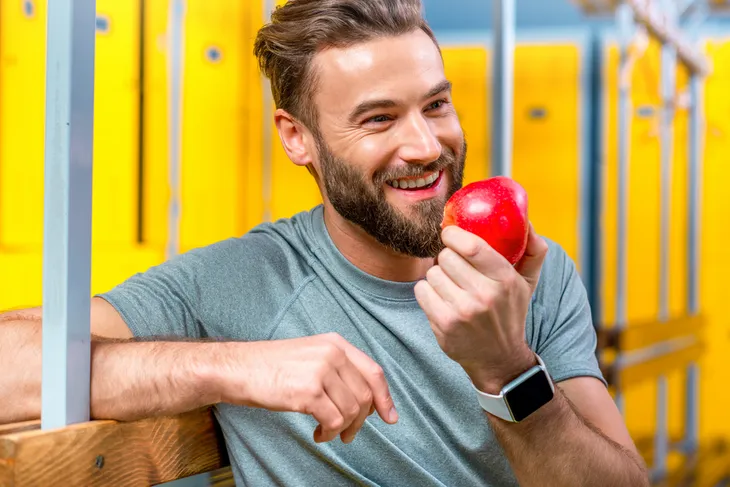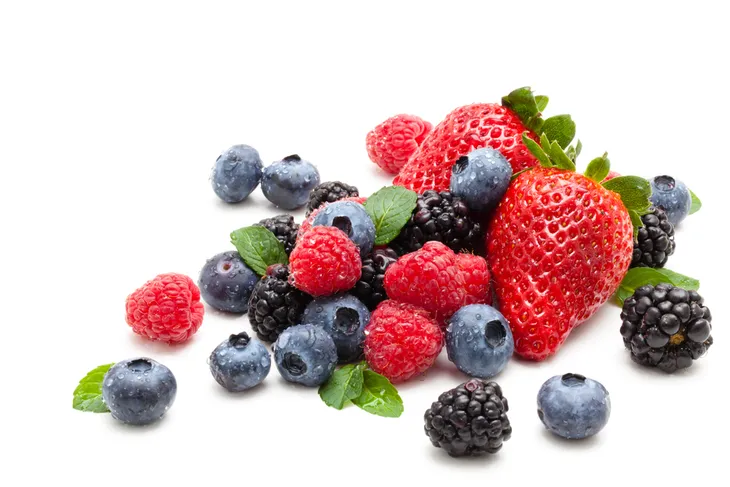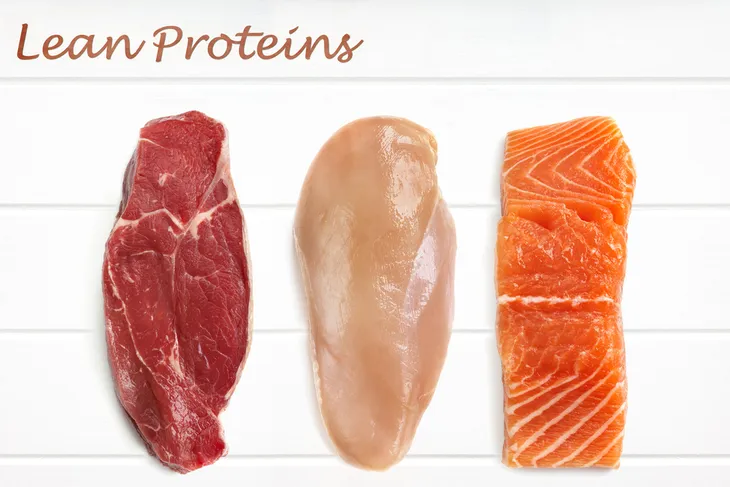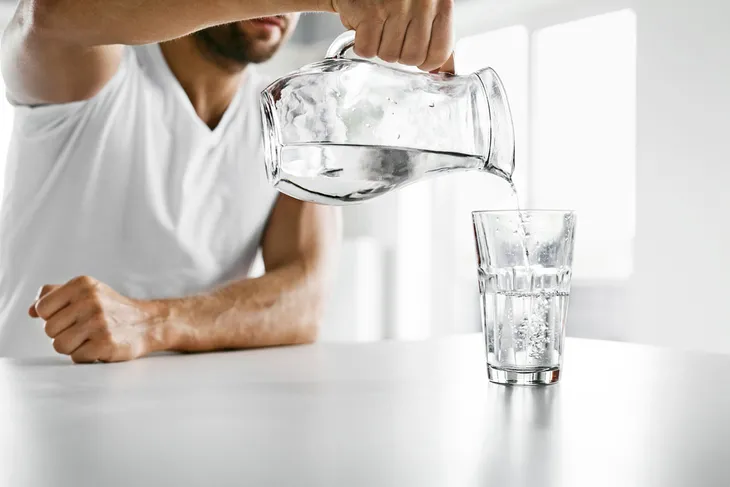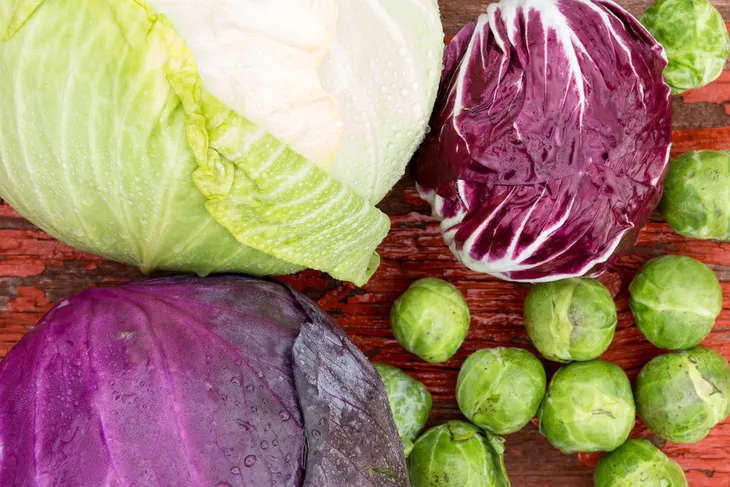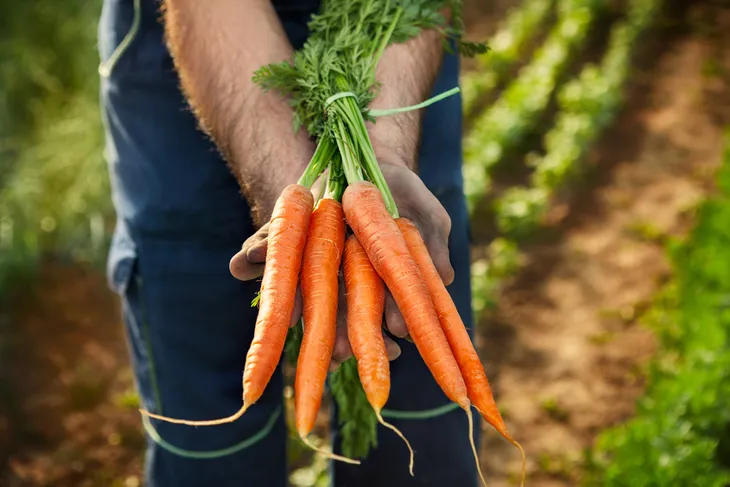There’s eating well when you’re healthy and then there’s eating well after you’ve been diagnosed with a serious illness, such as prostate cancer. Although it’s always important to put your health first when making decisions about your diet, these decisions become even more crucial when your body is fighting an ailment that has the potential to end a life.
That’s why it’s important to add fruits, vegetables, whole grains, and lean proteins to your diet following a prostate cancer diagnosis. The vitamins, minerals, and antioxidants in these foods can play a crucial role in helping you fight and overcome this kind of health challenge.
Tomatoes
Besides being delicious when consumed raw or cooked, tomatoes are filled with vitamins and minerals that can help limit cancer risk and fight the spread of cancer following a prostate cancer diagnosis. That’s partly because they’re a good source of the phytochemical known as lycopene, which is capable of fighting free radicals.
If you’re not a fan of tomatoes, there are other ways to get your lycopene. Grapefruit, for example, contains lycopene in addition to other phytochemicals, such as limonin and beta carotene.
Grapes
Grapes and grape by-products, such as grape juice, contain a type of phytochemical known as resveratrol, which has been shown to fight inflammation, reduce the risk of cancer, and help fight cancer following a diagnosis.
Just keep in mind that grapes and grape juice contain a lot of sugar; in fact, some varieties of grape juice contain added sugars. Consuming too much sugar, whether natural or not, can present problems for people trying to manage their weight.
Whole Grains
Many of the fashionable diets out there discourage people from consuming carbohydrates, with bread being a major target for some fitness experts. But there’s nothing inherently wrong with eating bread, so long as it’s in moderation, and if the bread in the question is made from whole grains like barley, bulgar, kasha, millet, quinoa, etc.
Many of these whole grain breads contain valuable vitamins and minerals, like magnesium, and are full of fiber, which can help keep our digestive system functioning as it should. Just try to buy freshly made bread rather than the highly processed alternatives, which can contain too many preservatives and less fiber.
Apples
You know what they say — an apple a day keeps the doctor away. That may not be entirely true, particularly if you’ve received a prostate cancer diagnosis, but there’s no denying that the apple is one healthy food.
That’s because the typical apple is an excellent source of vitamins like vitamin A and vitamin C, in addition to fiber, which can help keep the digestive system functioning as it should. But apples also contain quercetin, a flavonoid that has been shown to fight inflammation and the progress of cancer. And, because it contains antioxidants, the apple can also help limit the risk of getting cancer in the first place.
Berries
There are few foods more chock-full of cancer-fighting antioxidants than berries like raspberries, blueberries, blackberries, cranberries, and strawberries. All of these types of berries are good options if you’re looking for antioxidants that can help control free radicals and fight inflammation.
Of course, berries are also an excellent source of vitamins like vitamin C and vitamin K, in addition to fiber. Keep in mind, however, that berries do contain a lot of sugar. Also, some types of berries, such as blueberries and blackberries, contain more cancer-fighting agents than strawberries or raspberries.
Fresh, Lean Protein
There’s nothing wrong with eating meat following a prostate cancer diagnosis, but it’s a good idea to stick with fresh and lean meat, such as chicken breast and turkey, rather than fatty cuts of pork, beef, lamb, or chicken. Lean meats contain all of the protein without the saturated fat that could make weight management a challenge for someone fighting prostate cancer.
It’s also worth noting that highly processed meats, such as hot dogs or fast food hamburgers, sometimes contain preservatives that can compromise the immune system and increase the chances of developing cancer or having cancer spread. For that reason, keep your meat consumption to fresh meat.
Water
Whether you’re fighting a cancer diagnosis or not, it’s important to stay hydrated by drinking good, old-fashioned water. You don’t need to consume sports drinks, carbonated water, or fancy vitamin waters — just plain tap water is often all you need to keep your body hydrated and ready to fight any illness, like prostate cancer, that comes along.
How much water do you need? That largely depends on how active you are and the health challenges you’re facing. If you’re only moderately active and generally healthy, you should only need about five to seven glasses of water each day, while someone who’s constantly on-the-go or fighting an illness may need more.
Cruciferous Veggies
Some of the healthiest foods you can eat are cruciferous vegetables like cauliflower, kale, cabbage, broccoli, and Brussels sprouts. Not only do these vegetables contain lots of fiber, which can ensure your digestive system functions as it should, they’re packed with phytochemicals that can help control the body’s free radicals and reduce the impact of cancers like prostate cancer.
Just keep in mind that some people may experience discomfort when sharply increasing their intake of cruciferous vegetables, which are extremely high in fiber. For that reason, you may want to add these vegetables to your diet slowly but steadily.
Carrots
Looking for a food that’s full of antioxidants like beta carotene as well as fiber? Then look no further than the famous carrot, which is rich in a variety of vitamins and minerals. For people who have been diagnosed with a serious illness like prostate cancer, the carrot’s healthy supply of antioxidants can be helpful in combating free radicals and limiting an illnesses chance of spreading further.
Carrots are extremely durable and affordable. Buy them in large packs and they’ll last for a long time, especially if they’re refrigerated. Because of their density, leave lots of time if you plan to cook them.
